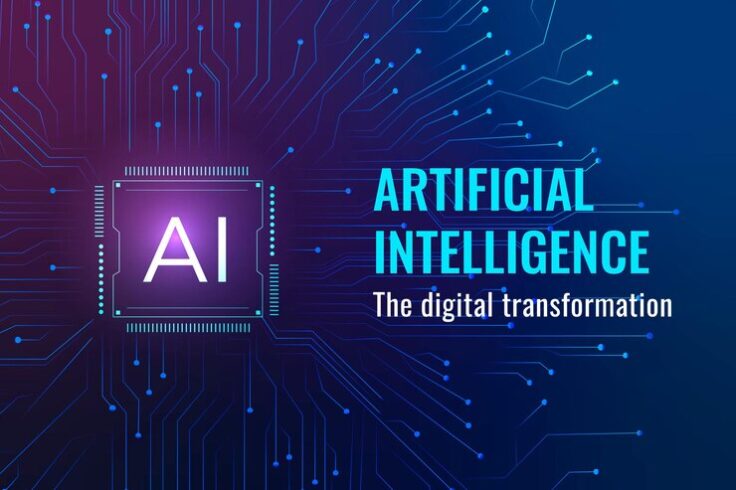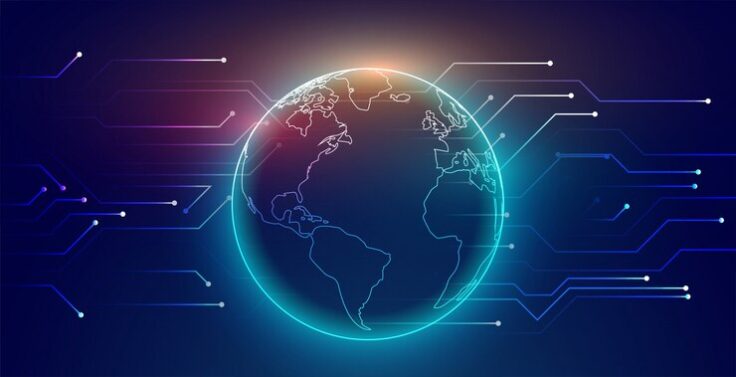Artificial Intelligence (AI) has emerged as a transformational force in the ever-changing environment of technology, penetrating numerous aspects of our everyday life. AI is altering the way we work, communicate, and connect with the world around us, from the everyday to the remarkable.
1. Virtual Assistants and Personalization:
The proliferation of virtual assistants such as Siri, Google Assistant, and Alexa is one of the most visible effects of AI in everyday life. These AI-powered creatures have integrated themselves into our daily lives, answering queries, creating reminders, and even managing smart home gadgets. The capacity of these virtual assistants to grasp spoken language and adapt to user preferences demonstrates AI’s capability to improve convenience.
2. E-Commerce and Recommendation Systems:
AI-powered recommendation systems have transformed online buying experiences. Algorithms assess our tastes, purchasing history, and activity when we explore e-commerce sites to deliver tailored product recommendations. This not only speeds up the buying experience, but also exposes us to a curated selection of things according to our preferences.
3. Healthcare Diagnostics and Treatment:
In the healthcare business, AI has made considerable advances, affecting diagnostic methods and treatment programs. Machine learning algorithms can scan massive information to uncover trends and generate predictions, assisting in illness identification. Furthermore, AI is being used to create individualized treatment regimens that take into consideration an individual’s genetic composition and medical history.
4. Social Media and Content Curation:
AI algorithms are used by social media companies to select content depending on user preferences. AI analyzes your interactions to modify the information you see, whether it’s the posts that show on your timeline or the movies that are recommended to you. This not only increases user interaction but also contributes to these networks’ addictive character.
5. Transportation and Navigation:
AI is crucial in enhancing transportation systems and navigation. AI algorithms are used by ride-sharing systems to optimize routes and compute charges. Navigation applications employ real-time data to provide the quickest routes while taking current traffic conditions into consideration. Autonomous cars, an area where AI is fast progressing, have the potential to transform the way we move in the near future.
6. Customer Service and Chatbots:
Many organizations have implemented AI-powered chatbots to improve customer support. These virtual agents may answer questions, provide information, and help with problem solving, providing instant replies while freeing up human agents for more difficult activities. This not only increases productivity, but it also provides a consistent client experience.
To summarize, the influence of artificial intelligence on daily life is extensive and complex. AI is becoming an essential element of our lives, from easing daily routines to contributing to medical advances. As this discipline continues to grow, it is critical to find a balance between embracing the benefits of AI and addressing the ethical concerns and potential issues that may arise in this AI-driven world. The voyage of artificial intelligence in altering our daily lives.





 The Rise of Artificial Intelligence in Everyday Life
The Rise of Artificial Intelligence in Everyday Life  Top 5 Cybersecurity Tips for Everyone: Stay Safe in the Digital WORLD
Top 5 Cybersecurity Tips for Everyone: Stay Safe in the Digital WORLD  Navigating the Seas of Technological Advancement
Navigating the Seas of Technological Advancement  How Technology Can Be Our Climate Change Champion
How Technology Can Be Our Climate Change Champion
Leave a Reply